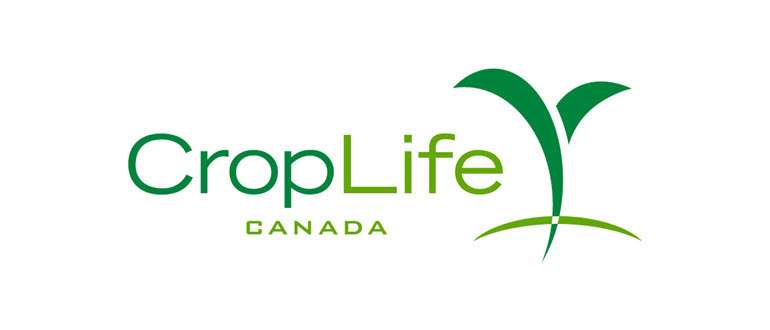
Health Minister Mark Holland recently announced proposed amendments to the Pest Control Products Regulations (PCPR), reforming pesticide regulations, the government says the changes are to better protect the environment and public health. (See previous CAAR article on PCPR Amendments.)
CAAR reached out to CropLife Canada to get its thoughts regarding these changes.
Pierre Petelle, President and CEO of Canada’s plant science industry, shared with CAAR that he has deep concern over proposed amendments to the Pest Control Products Regulations (PCPR).
He argues that these changes, rather than enhancing Canada’s robust pesticide regulatory system, unnecessarily divert resources from the core scientific work of the Pest Management Regulatory Agency (PMRA).
This shift, according to Petelle, reflects a troubling trend where the PMRA prioritizes bureaucratic processes over rigorous scientific evaluations and impactful policies, thus complicating the regulatory landscape without tangible benefits for Canadian agriculture or citizens.
“This follows a concerning trend over the last number of years toward the Pest Management Regulatory Agency (PMRA) diverting efforts away from scientific evaluations and meaningful policies toward bureaucratic processes and initiatives that needlessly add red tape to the regulatory process and dissuade investment in innovation in Canada,” explains Petelle.
Canada currently maintains a stringent pesticide regulatory framework renowned for its strong protections for human health and the environment. Petelle underscores the industry’s support for science- and risk-based approaches that further fortify these protections, emphasizing that the PMRA already possesses the legislative authority to uphold these standards effectively.
However, he expresses concern that the proposed regulatory amendments strain the PMRA’s already limited resources and could potentially undermine its scientific integrity and performance standards. He cites instances where key scientific personnel have been redirected from critical scientific evaluations, resulting in a decline in regulatory efficiency.
Despite recent short-term funding allocations in Budget 2024, Petelle highlights the absence of a sustainable, long-term financial strategy to support the PMRA’s essential task of reviewing and approving pesticides in Canada.
To address budgetary shortfalls, the PMRA has proposed a steep 256 % fee increase for maintaining pesticide registrations, a move Petelle criticizes as punitive and potentially detrimental to Canada’s competitiveness compared to the United States.
Petelle urges the PMRA to refocus its efforts on core scientific responsibilities and streamline regulatory processes to better serve the needs of farmers and the broader agricultural sector.
He emphasizes the critical importance of timely access to innovative pest management solutions, particularly as growers confront evolving pest challenges. Ensuring such access, Petelle argues, is essential for sustaining Canada’s agricultural productivity and global food supply.
Petelle calls for a reconsideration of the proposed regulatory amendments, advocating for policies that prioritize scientific rigor and efficiency to support Canada’s agricultural innovation and food security goals effectively.
“If the PMRA were to re-focus its efforts on its core science work and streamlining regulatory processes with a view to the needs farmers and the entire agriculture sector, they would not need to pursue such dramatic and damaging approaches to recuperating funds,” concludes Petelle. “The stakes here are high: growers are facing new and changing pest pressures relentlessly and if they are going to continue to sustainably grow food for Canadians and the world they are going to need timely access to new innovations.”

